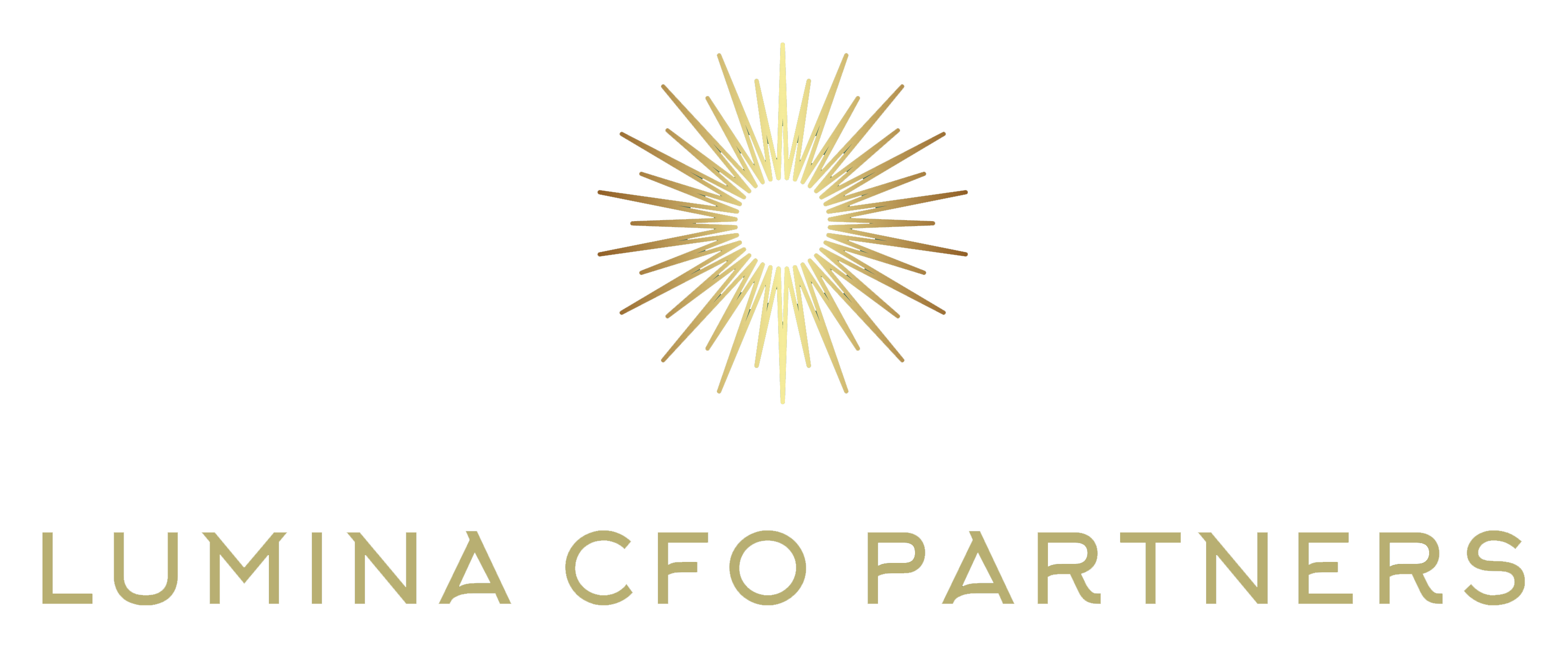Today, strategy consultants play a crucial role in helping companies maintain a competitive edge in an ever-changing business landscape. They offer expert advice on market trends, identify growth opportunities, and provide data-driven recommendations to improve performance and achieve long-term goals. A 2021 McKinsey study found that 70% of companies utilizing strategy consultants saw significant improvements in efficiency and market positioning.
The global strategy consulting market was valued at approximately $51 billion in 2024 and is projected to reach around $80 billion by 2032, growing at a compound annual growth rate (CAGR) of about 6% during this period. This growth is driven by the expanding scope of consulting services, which now includes areas like digital transformation, cybersecurity, and sustainability.
In 2020, 43.5% of consulting firms identified the need for new skills as their primary challenge. This demand for specialized expertise has fueled the expansion of the freelance consulting market, as companies increasingly seek flexible, skilled professionals to meet their needs.
Strategy Consulting Impact and Trends
The global business landscape has seen a 200% increase in disruptions from 2017 to 2022, prompting 58% of CEOs to question their strategies’ effectiveness. In this context, companies that seek advice from strategy consultants and adopt emerging technologies are 2.5 times more likely to outperform competitors, with an average revenue growth of 10%. Currently, over 60% of Fortune 500 companies use strategy consulting services, boasting an average client satisfaction rate of 85%.
Strategy consultants also help clients save costs, with businesses experiencing up to a 15% reduction in operational expenses within the first year of implementing recommendations. This is particularly important for sectors like manufacturing and retail, which have faced an increase of up to 8% in operational costs since 2020 due to supply chain disruptions and rising labor costs. Additionally, financial performance improves significantly, as organizations working with consultants report an average of 10-15% higher EBITDA, thanks to new revenue streams and market opportunities.
Industries such as IT and telecommunications, BFSI (Banking, Financial Services, and Insurance), healthcare, and manufacturing are increasingly relying on strategy consultants. The BFSI sector, in particular, accounts for over 25% of strategy consulting revenue, while the healthcare sector is expected to witness the highest CAGR from 2022 to 2030.
In this article, we will explore the role of strategy consultants in driving business success, addressing the following key questions:
- What is driving the growing demand and impact of strategy consultants?
- What methodologies and frameworks do strategy consultants use?
- How do freelance strategy consultants drive value?
The Evolution of Corporate Strategy: Strategic Consulting Frameworks
Strategic consulting frameworks are essential tools used to diagnose issues, structure analysis, and guide decision-making. These frameworks have evolved alongside corporate strategy, each phase reflecting the shifting business landscapes and the need for specialized consulting expertise. The BCG Strategy Palette outlines five main approaches to strategy based on the malleability (how a firm can influence the overall market) and unpredictability (degree of uncertainty and variability) of the business environment: Classic, Adaptive, Visionary, Shaping, and Renewal Strategy.
Classic Strategy: Be Big
Classic strategies emerged in stable, predictable environments, aiming to achieve a sustainable competitive advantage. Mid-20th century frameworks like SWOT Analysis, the Ansoff Matrix, BCG Growth-Share Matrix, and the PEST Analysis helped firms optimize their market positions.
Significant advancements came in the late 1970s with Michael Porter’s Five Forces Framework, which assessed markets based on the bargaining power of buyers and suppliers, threats of new entrants and substitutes, and industry rivalry. Porter’s subsequent work introduced Generic Strategies, focusing on cost leadership, differentiation, or focused strategies to maintain above-average profitability. Firms failing to adopt these strategies risk being “stuck in the middle.”
Porter’s Generic Strategies inspired successful case studies like Ikea and Walmart for cost leadership, and Apple for differentiation. However, a study in the Management Research Review showed that the industry accounts for only a minor percentage of firm performance variance, suggesting the need for more internally focused strategies.
Classic strategies like Porter’s Five Forces align with the Industrial Organization Model, suggesting that external environmental characteristics determine firm strategies and performance. However, this often overlooks internal firm characteristics, leading to the emergence of the Resource-Based View Framework, which states that a firm’s competitive advantage depends on its ability to identify and harness key resources that are valuable, rare, inimitable, and non-substitutable.
Despite their widespread use, traditional strategic processes have disadvantages in unpredictable environments, often resulting in lagging results and a narrowed strategic focus. The need for more responsive and flexible approaches led to the emergence of Adaptive and Visionary Strategy.
Adaptive Strategy: Be Fast
To navigate volatile environments, the first Adaptive Strategy Consulting frameworks began to emerge in the 1990s.
The First Mover Advantage, introduced in 1988, is a competitive advantage gained by a company introducing a product or service into a market in the shortest time. First movers in some industries are rewarded with near-monopoly status and high margins, while other industries allow late movers to compete more effectively and efficiently.
This vision remains consistent with traditional strategy models, focusing on achieving a sustainable competitive advantage. However, in 2014, Columbia Business School professor Rita Gunther McGrath proposed the concept of Transient Competitive Advantage: capturing opportunities fast, exploiting them decisively, and moving on before they are exhausted.
This concept has become a standard in strategy consulting, emphasizing the timing of initiatives and the ability to pivot quickly as the backbone of a successful strategy. It consists of five phases: Launch, Ramp up, Exploit, Reconfigure, and Disengage.
Strategy consultants help companies implement this strategy by identifying emerging opportunities, guiding the timing of initiatives, designing flexible business models, and developing exit strategies. This ensures continuous adaptation and success in volatile environments.
Visionary Strategy: Be First
In stable industries with rigid, established rules, and with low malleability and uncertainty, companies have less room to drive change. In these cases, using classic strategies like cost advantage or differentiation is an effective way to compete and gain market share.
However, when competition becomes fiercer and the market matures, firms need to seek new ways to achieve and sustain competitive advantage. This led to the development of the Blue Ocean Strategy by W. Chan Kim and Renée Mauborgne in 2005, built around the ideas of Value Innovation and Disruptive Innovation.
Blue Ocean Strategy focuses on creating new market spaces, or “Blue Oceans,” where competition is irrelevant by introducing:
- Value Innovation: Breaking the traditional trade-off between value and cost by aligning innovation with utility, price, and cost positions.
- Disruptive Innovation: Creating new markets through innovations that initially cater to niche segments but eventually disrupt established leaders.
This led to the emergence of new strategy frameworks, such as the Strategy Canvas and the ERRC framework. These are diagnostic and action tools that help businesses think through the changes needed in their strategy to innovate, providing a visual representation of a company’s value curve against competitors across key competitive factors.
Modern strategy frameworks, such as Business Model Innovation, help firms achieve a holistic transformation that not only opens new market spaces but also enhances overall efficiency and sustainability.
Shaping Strategy: Be The Orchestrator
As industries evolve and become more interconnected, shaping strategies have become crucial. These strategies focus on working together with all stakeholders to influence and drive market changes. This approach is vital in unpredictable environments, where companies can use their influence to create shared value and encourage innovation across the industry.
A “shaping firm” changes an industry by guiding market development in its favor by coordinating with all stakeholders involved in the value chain. This requires the firm to work with a diverse range of partners, sharing risks, resources, and capabilities. By doing so, the market can grow quickly through the combined efforts of many players.
The most recent and influential framework, Shared Value, was introduced by Michael Porter and Mark Kramer in 2011. It emphasizes the importance of creating economic value in a way that also produces value for society by addressing its challenges. This strategic approach moves beyond traditional profit maximization to include societal improvement as a core component of business strategy.
Strategy consultants are crucial in helping companies develop a strong shared value strategy, which goes beyond typical CSR initiatives. It focuses on operating practices that enhance a company’s competitiveness while simultaneously improving the economic and social conditions of the communities involved. This ensures that business growth is accompanied by meaningful contributions to societal development.
Renewal Strategy: Be Viable
Together with the strategies aimed at building and sustaining a strong positioning in the market, renewal strategies have become essential for companies dealing with financial instability, intense competition, or significant market disruptions.
A renewal strategy revitalizes a firm’s competitiveness when it faces harsh conditions that render current business practices unsustainable. In such challenging circumstances, shifting course to keep and/or reallocate resources is crucial for survival. By preserving resources initially and later directing them toward growth opportunities, firms can not only endure difficult times but also position themselves to thrive in the future.
One of the most used strategy frameworks for renewal is Kotter’s Change Management framework. It involves eight steps for implementing change: establishing a sense of urgency, forming a powerful guiding coalition, creating a vision, communicating the vision, empowering others to act on the vision, planning for and creating short-term wins, consolidating improvements, and producing more change, and institutionalizing new approaches.
Strategy consultants play a critical role in guiding firms through change management, ensuring that the transition is smooth and that the firm emerges stronger and more competitive. They assist in stabilizing the company and redirecting resources toward growth opportunities.

